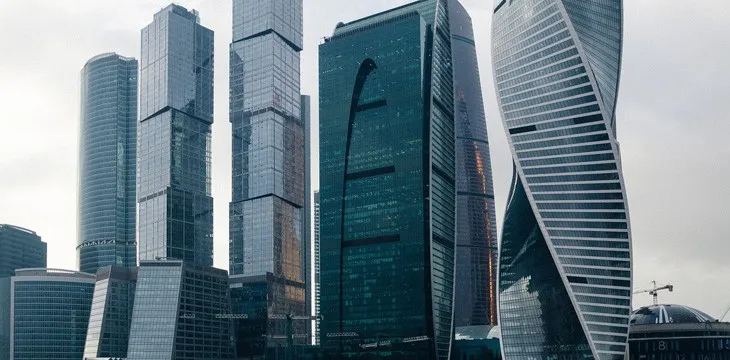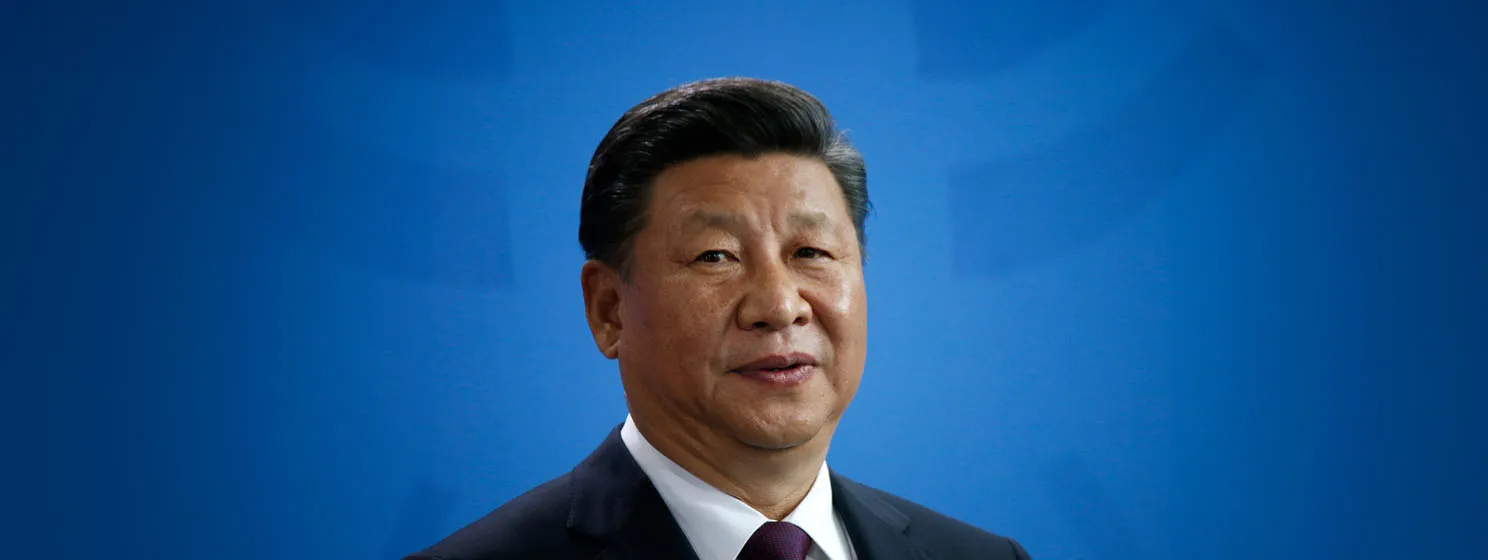|
Getting your Trinity Audio player ready...
|
With the fall of communism in Russia, words like “glasnost” (openness) and “perestroika” (rebuilding) suddenly became the marketing tools for the country. In an effort to present itself as a transparent government intent on shutting the doors on communism and opening them to capitalism, these two words were intrinsically associated with the new and improved government. It now seems as though the current leadership, under Vladimir Putin, is determined to put things back the way they used to be. The latest example comes from the government’s quest to find an outside vendor capable of creating a solution that would prevent any censorship-resistant Internet technology from being made available in the country.
Russian media outlet Forklog explains that the government’s Roskomnadzor, or the General Radio Frequency Center, sent out a notice on March 3, asking for bids from companies that can block mesh-network technology while also allow it to gain access to restricted content. Roskomnadzor wants to “explore the possibilities of restricting mesh networks, IoT (Internet of Things) networks and anonymous protocols. The list of technologies under study should include Telegram Open Network [TON] and Tor, according to state procurement documents,” explains Forklog.
The program doesn’t target any specific digital asset projects, but asserts that the technology it wants to block is only used for building “anonymous Darknet networks.” The inclusion, therefore, of TON raises questions about the government entity’s end game.
The Russian government has repeatedly tried to find a way to put Telegram on its knees. It ordered the company to turn over encryption keys and, despite losing a court case on the subject, has still refused. Since then, Roskomnadzor has launched a number of efforts to try to keep the social messaging platform from being accessible in the country, but has failed each time. Any attempt at trying to stop TON would be just as futile, according to TON Labs Chief Technology Officer Mitja Goroshevsky, who asserts, “Even if there is an ‘Iron Curtain’ and all the communication channels with the outside world are blocked, chances to block it are around 5 percent. It’s gonna be just a new disgrace for Roskomnadzor.”
In the end, Russia will probably find a way to win. There are rumors circulating that all electronic communication devices are to be equipped with a particular Russia-based application, and that the government has been working on a device that would allow the Russian Internet space to be cut off from the rest of the Internet. This is what is currently seen out of China, but that system has already been proven to not be 100% effective.

 07-09-2025
07-09-2025 





